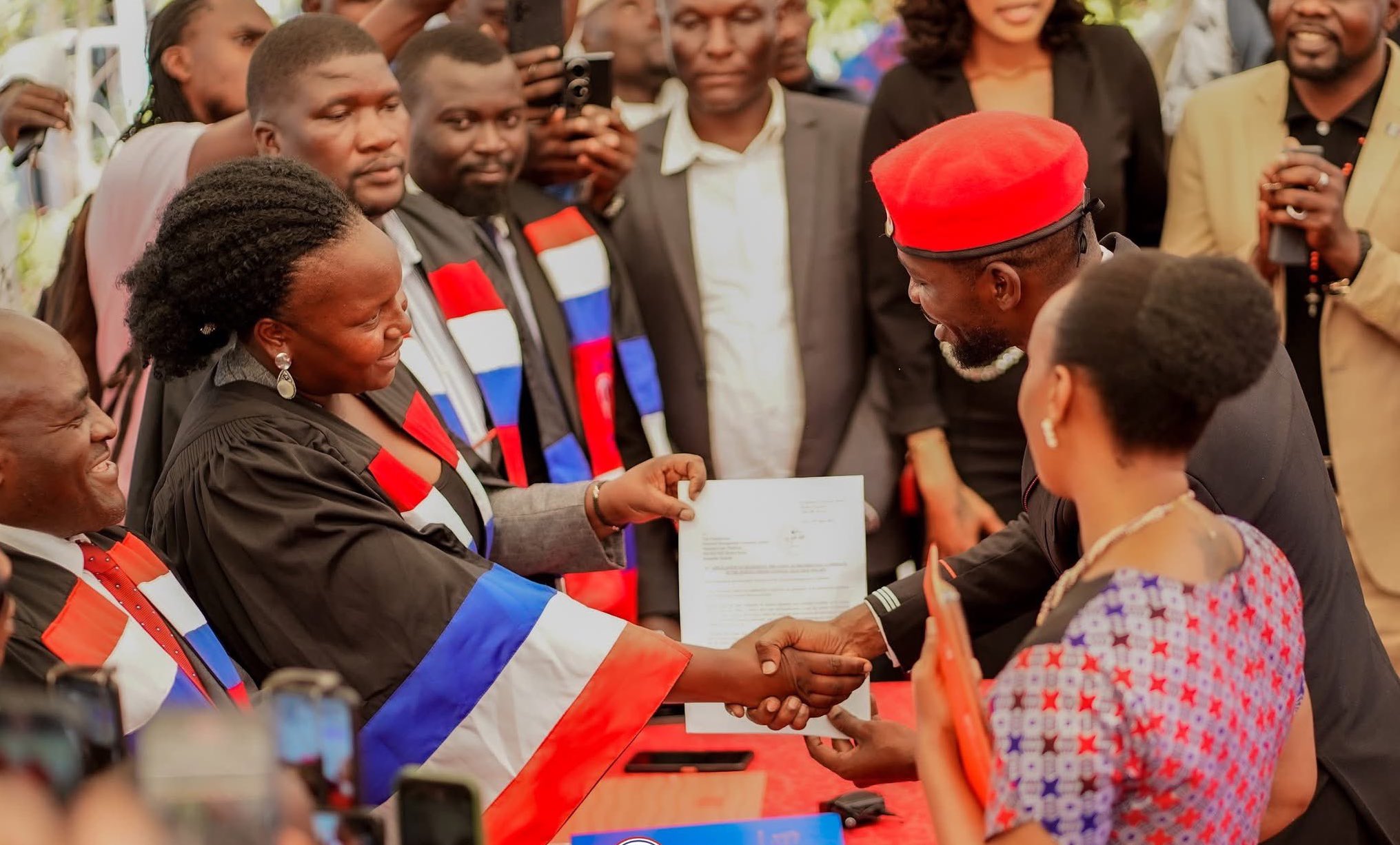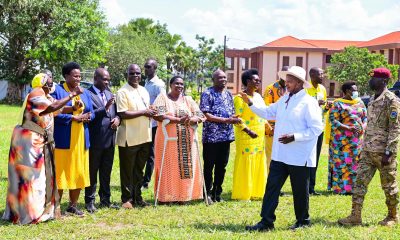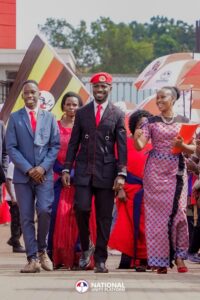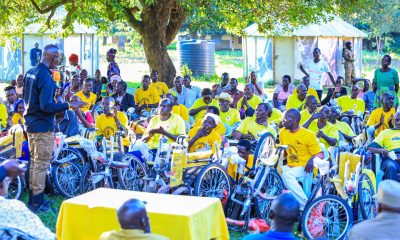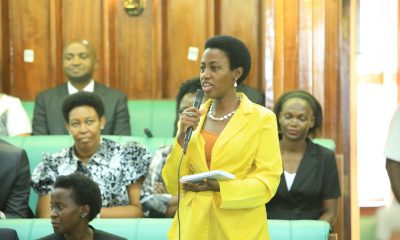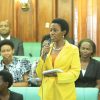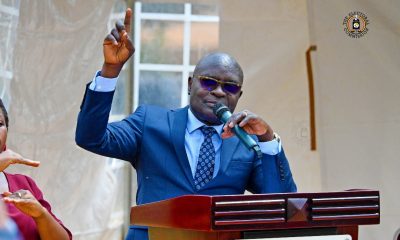Politics
Bobi Wine’s Enduring Challenge: More Than a Candidacy, A Referendum on Resilience
Robert Kyagulanyi Ssentamu, known widely as Bobi Wine, has once again formally thrown his hat into the presidential ring for Uganda’s upcoming general elections, a move that is less a fresh announcement and more a reaffirmation of a protracted struggle. While his submission of expression of interest forms signals the official start of his internal party process, the broader narrative emerging is a complex interplay of political resilience, the persistent nature of opposition challenges in Uganda, and the NUP’s strategic positioning for what promises to be another highly contested and potentially volatile electoral cycle.
Kyagulanyi’s appearance at NUP headquarters, flanked by his wife and son, and met by enthusiastic supporters, highlights the consistent wellspring of grassroots appeal he commands. This organic support, rooted in his “ghetto president” persona and anti-establishment message, remains NUP’s most potent weapon. However, the accompanying narrative of “unfinished business” and the explicit mention of abducted and imprisoned colleagues like Eddie Mutwe, Macete, and Yasin Ssekitoleko, underscores the deeply entrenched obstacles facing the opposition. His bringing of their mothers to represent them is a powerful, poignant, and highly visual political statement designed to humanize the cost of dissent and galvanize public empathy.
This strategic invocation of human rights abuses and political repression is crucial for NUP. It serves not only to rally his base but also to frame the election as a moral battle against a “dictatorial” NRM regime. For observers, this re-emphasizes that the 2026 elections in Uganda will likely be less about policy debates and more about the fundamental contest between incumbent power and the demand for democratic change, particularly among the youth who form a significant demographic.
The 2021 election results, where Kyagulanyi secured a substantial 35.08% of the vote despite widespread allegations of irregularities and suppression, provide both a benchmark and a formidable challenge. While it cemented his position as the leading opposition figure, it also showcased the NRM’s firm grip on power and its capacity to manage electoral outcomes. His current bid, therefore, isn’t just about winning votes; it’s also a test of the NUP’s capacity to:
- Sustain Momentum Amidst Repression: The NUP’s ability to mobilize and organize in an environment where opposition activities are frequently met with state force and arrests will be a critical factor. The repeated disruptions of Bobi Wine’s past campaigns and concerts are a stark reminder of the operational difficulties.
- Translate Popularity into Electoral Safeguards: While his popular support is evident, the core challenge for NUP remains how to effectively protect their vote and counter potential manipulation, given the historical context of electoral irregularities in Uganda. His plea to supporters to “protect our vote” reflects this ongoing concern.
- Broaden its Coalition: While NUP has successfully galvanized a significant portion of the youth and urban population, expanding its reach into other demographics and regions will be vital. The current focus on internal party processes also raises questions about potential primary contests within NUP and how they will manage any internal divisions or aspirations from other prominent party figures.
- Counter the Incumbency Advantage: President Museveni’s long-standing control of state institutions, resources, and the security apparatus presents an overwhelming advantage that Bobi Wine and NUP must continually confront.
In essence, Bobi Wine’s 2026 presidential bid is less about a new political strategy and more about the unwavering pursuit of an established objective: ending the NRM’s long rule. The submission of forms is merely a procedural step in what promises to be a deeply challenging, yet for his supporters, an absolutely essential, fight for Uganda’s political future. His success, or lack thereof, will be a defining measure of the resilience of opposition politics in an increasingly constrained democratic space.
Comments



